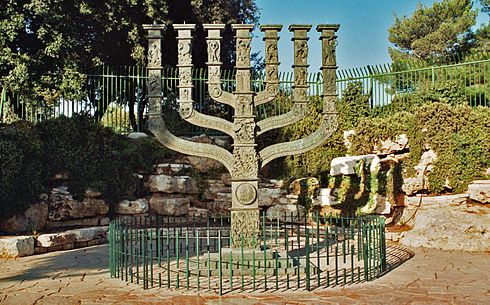In this week’s sedra the Jews complained about their lack of good food. They recalled all the delicacies of Egypt and asked specifically for meat. Hashem eventually gave meat to them but killed them all after a month.
Question 1
How could the Jews be so ungrateful as to complain and ask for meat? After all, they had everything they needed handed to them on a plate.
Question 2
Why does the Torah use the expression (ch 11 v 1) ‘The people were LIKE COMPLIANERS’? Surely they were complainers!!!!
Answers
I think these questions can be answered as follows:
The Rabbis tell us that there are 13 expressions of prayer (midrash shimonei beginning of parshat vo etchanan). Each expression denotes a different aspect to prayer and all of them can be used. The midrash recounts all the instances where they were used in the bible. Here are there English equivalents;-
Talking,
Asking,
Supplicating,
Begging,
Screaming,
Demanding,
Praising,
Pleading,
Arguing,
Persuading,
Reasoning,
Extolling,
Crying
(explanations of these expressions is beyond the scope of this work at the moment)
Moshe used many of these expressions to intercede to Hashem on behalf of the Jews. After the Jews made the golden calf He reasoned with Hashem not to destroy the Jews on account that the nations would think G-d was too weak to bring the Jews to the land of Israel.
This is what I believe the Jews were doing in this instance. They tried to reason with Hashem that if in the slavery of Egypt they had meat then how much more so in the utopic situation of the desert they should enjoy the same delicacies.
This is why the Torah uses the expression ‘like complainers’ because they were not really complaining. However, they still sinned on their exulted level because they should have been contented with their lot.
This is how we can understand all the other instances that the Jews complained. On many occasions when faced with either no water or with on rushing enemies they reasoned
‘What was the point of leaving Egypt to die in the desert, we might as well return’
This was not a statement of ungrateful people but rather a plea of reasoning and persuading Hashem to answer their requests.
The Rabbis in their great wisdom have advised that people should not reason with Hashem nowadays. This is because the line is so thin and it is easy to cross over to the realms of sin.
